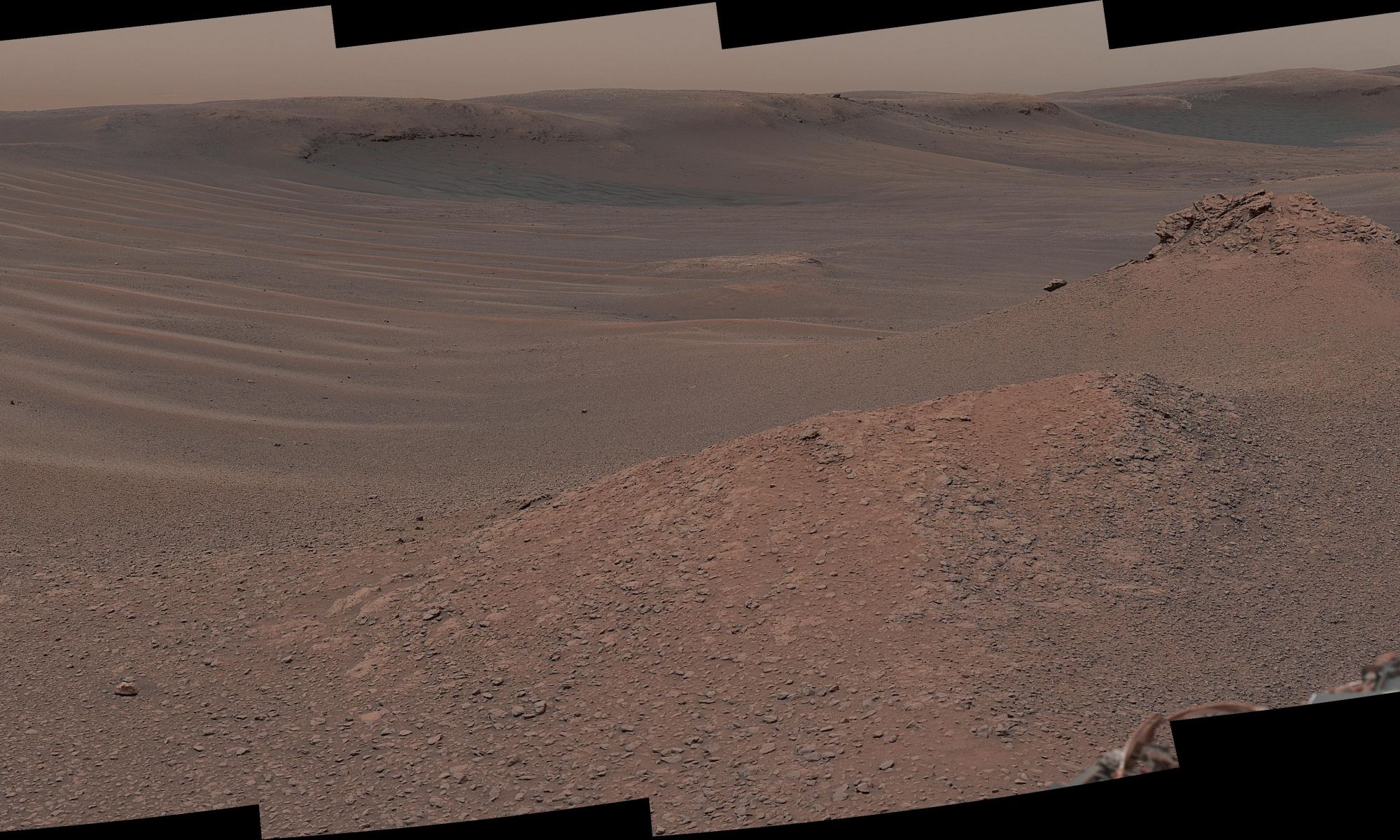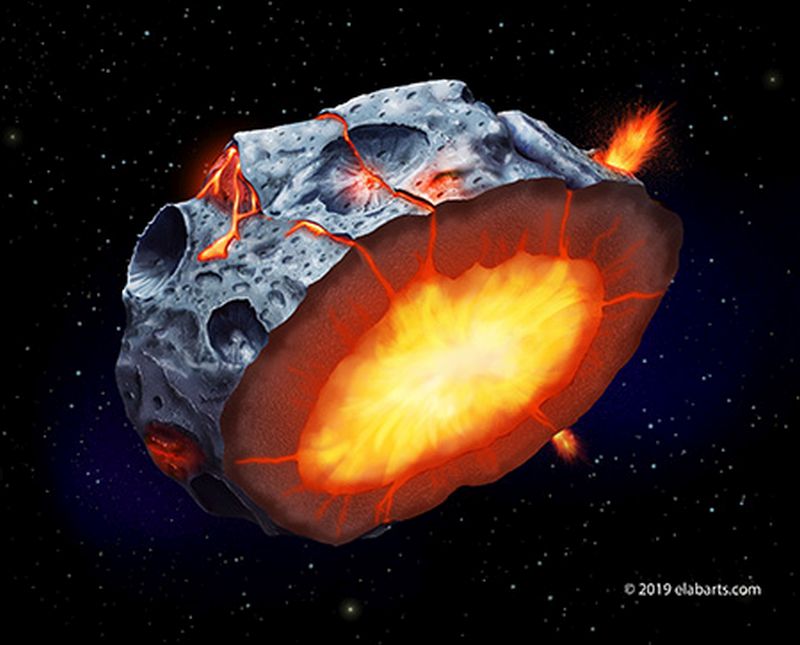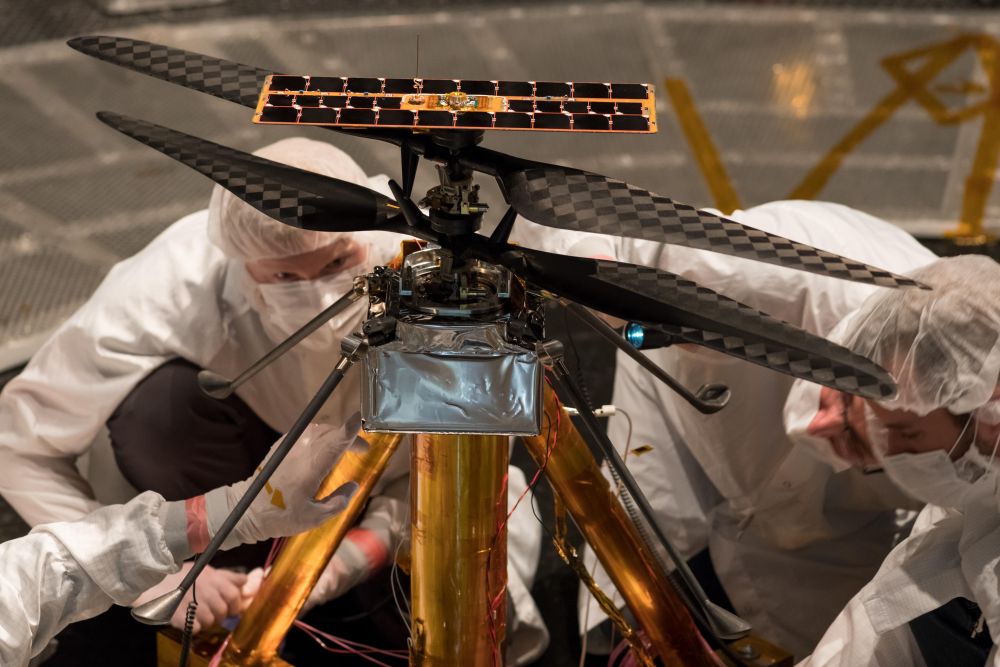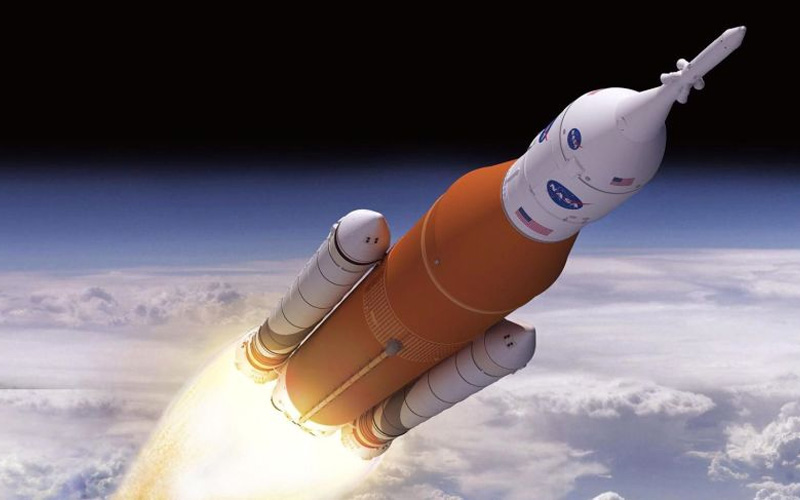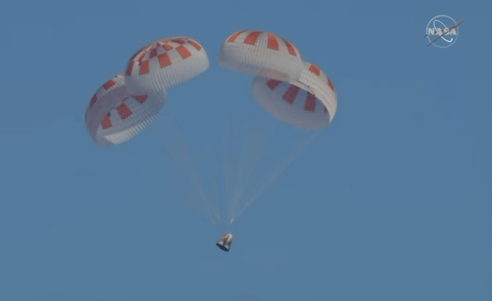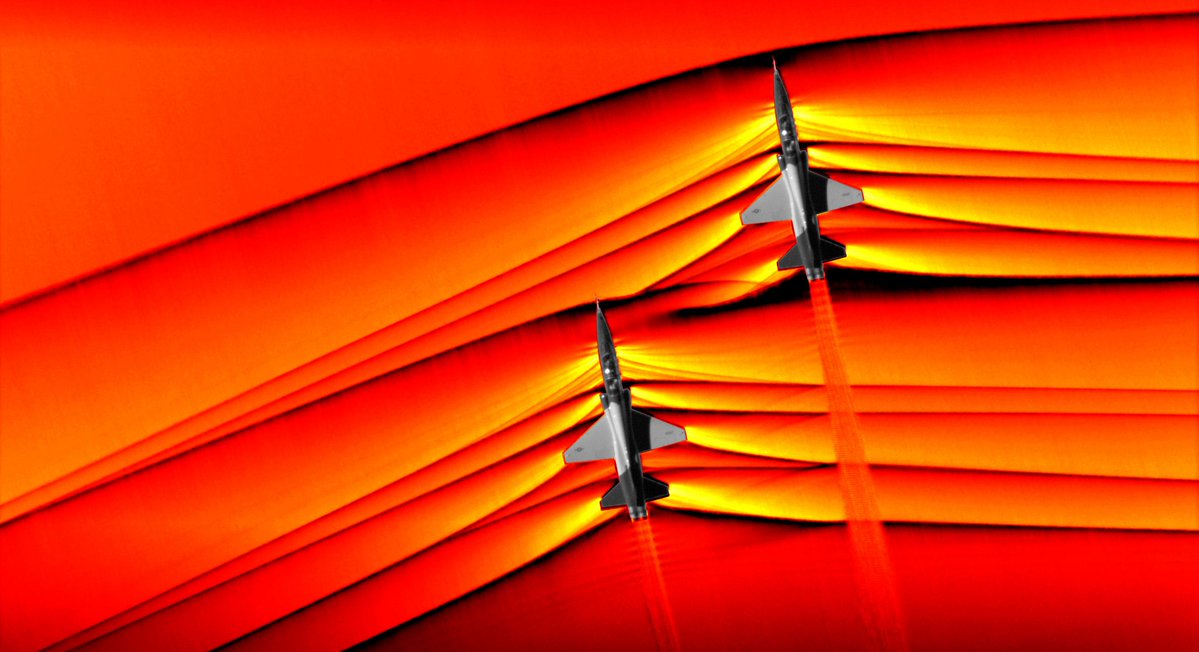It’s hard to believe that MSL Curiosity has been on Mars for almost seven years. But it has, and during that time, the rover has explored Gale Crater and Mt. Sharp, the central peak inside the crater. And while it has used its drill multiple times to take rock samples, this is the first sample it’s gathered from the so-called ‘clay unit.’
Continue reading “Curiosity has Finally Sampled a Clay-Rich Region on Mars”Curiosity has Finally Sampled a Clay-Rich Region on Mars
